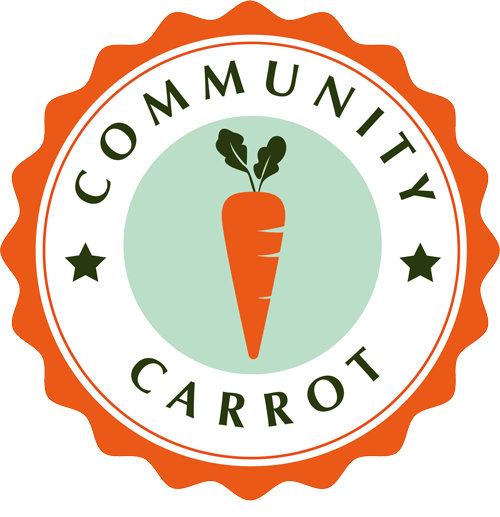Sustainable Eating Facts and Tips
By Hannah, Community Food Outreach & Communications Lead
I made this flyer for the Green Futures Festival, focussed on tips for how to eat a diet that is light on the planet, and some thoughts to go with it.
This is of course a far more complicated subject than can be adequately compressed into two sides of paper. Tomatoes sum it up quite well. In Mike Berners-Lee's How Bad Are Bananas?* (spoiler: pretty great) he calculates a kilo of tomatoes as having a carbon footprint equivalent to between 0.4 - 50 kg CO₂. That astonishing difference depends on whether your tomatoes are a traditional variety, grown organically and locally in July (with no artificial heating), or a specialist variety (e.g. cherry, plum, beef) grown organically in the UK in a greenhouse heated by fossil fuels in March. Organic and speciality varieties came out worse because of the reduced yields.
Berners-Lee writes: "Tomatoes, at their worst, are the highest-carbon food in this book. But at their best, tomatoes are perfectly fine." The study the higher end figure was based on was done in 2006, is controversial and we would hope that heating systems have become more efficient by now, but the point remains: it's impossible to reduce these questions down to 'this food always good, that food always bad'.
What virtually everyone agrees on is: less meat and dairy, and drastically cutting food waste. Berners-Lee calculates that making these two changes could cut the carbon footprint of the average UK diet by 50% - he defines 'less meat and dairy' as 'Sensible reductions in meat and dairy without needing to go vegetarian'. The stats around food waste are mind-blowing: ending it could feed 1.5 billion people (the population of Africa). It's why we weave food waste through everything we do, from composting our scraps in the shop to Sunny Soups, from sourcing as much as possible from surplus for Sunny's Kitchen, to discussing it with the children in our cooking classes.
*Taken from the 2010 edition. There are revised editions which I’ve not seen yet - if the numbers have changed I’d be interested to know! development@communitycarrot.scot.


